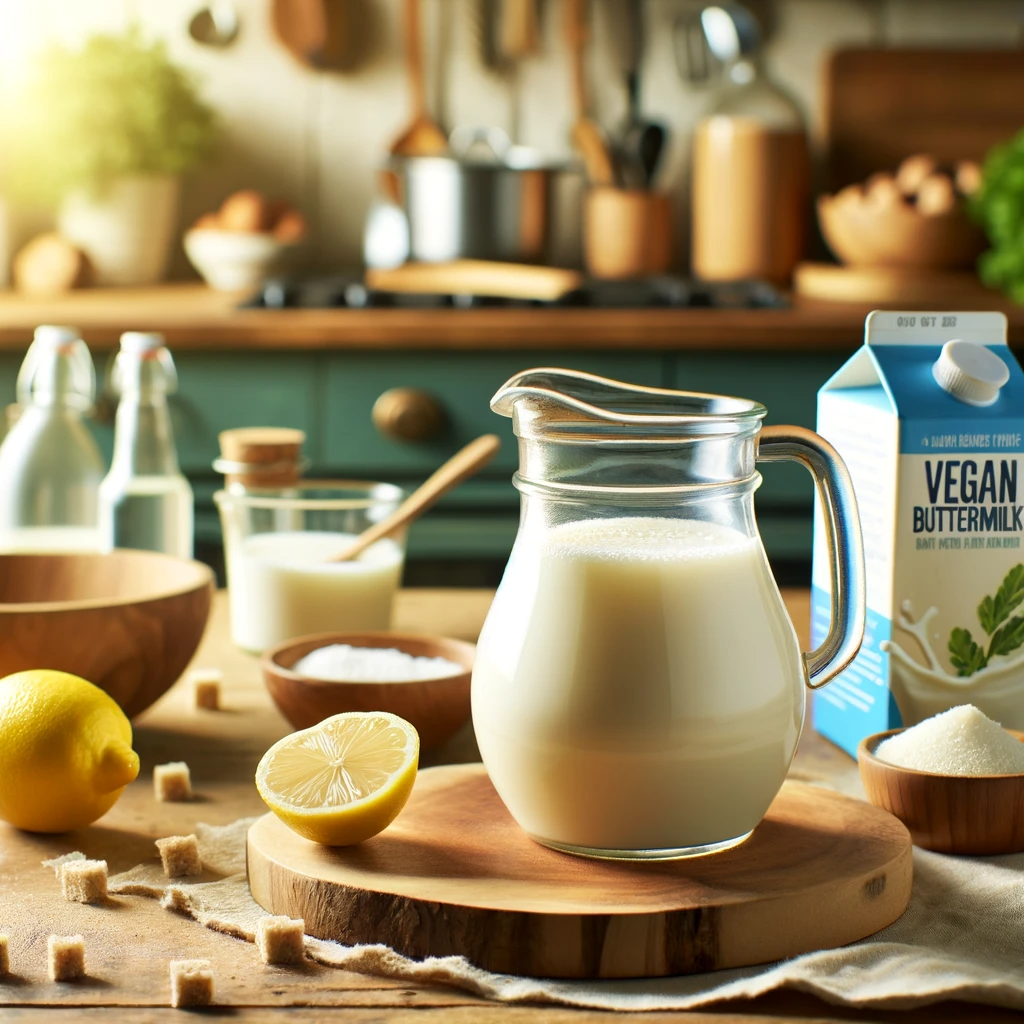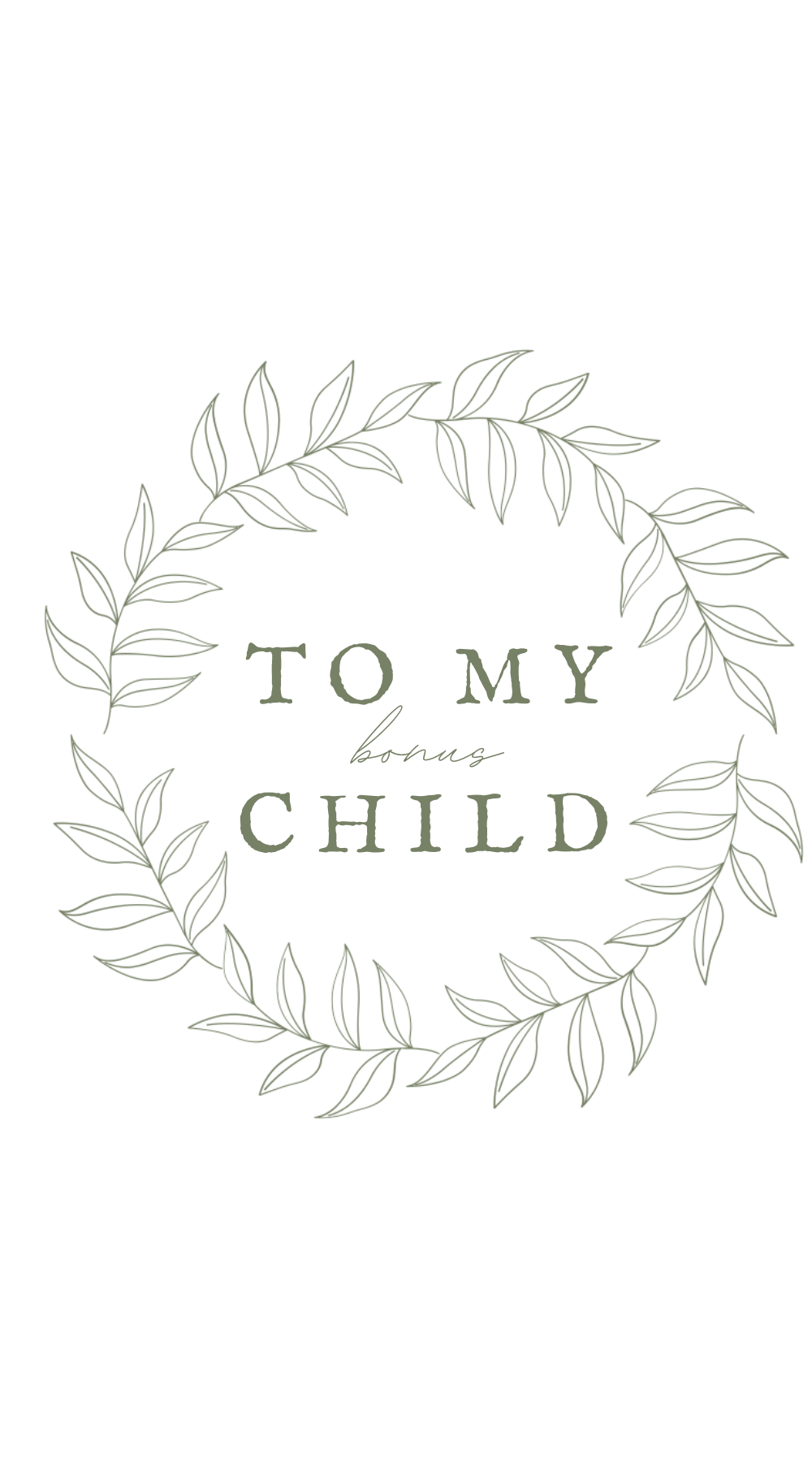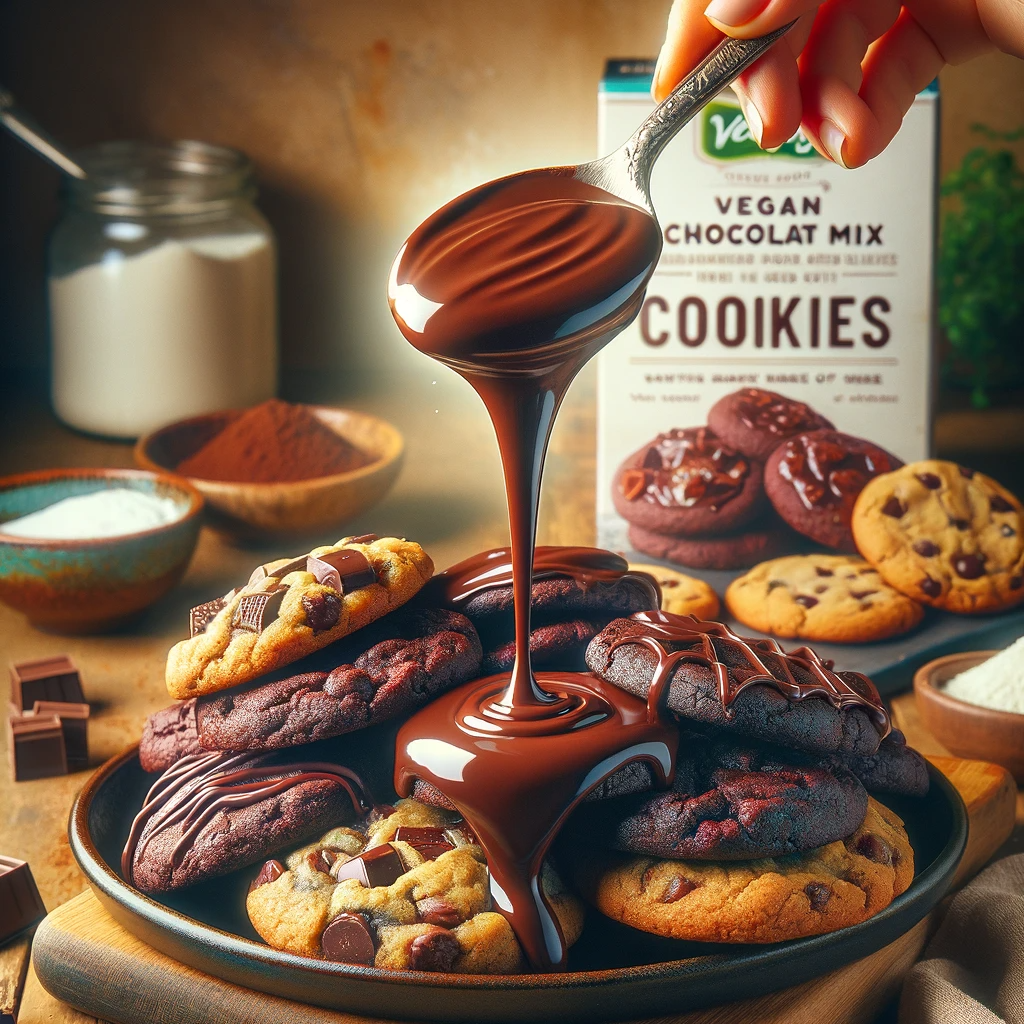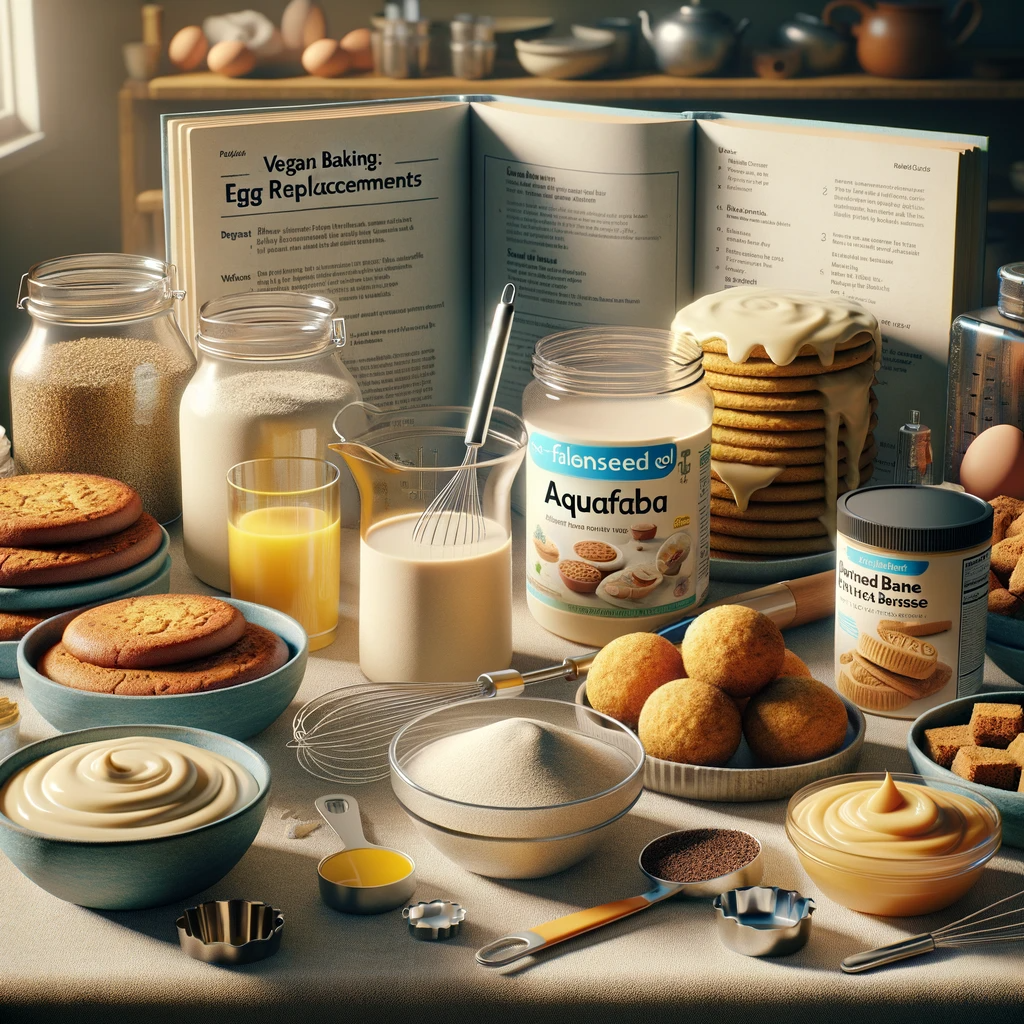Mastering Vegan Buttermilk: A Step-by-Step Guide for Home Bakers

Mastering Vegan Buttermilk: A Step-by-Step Guide for Home Bakers
Introduction to Vegan Buttermilk
In the enchanting world of baking, vegan buttermilk is a hidden gem, offering a delightful twist to traditional recipes. As a vegan baker, I've found that mastering this ingredient is key to a vast array of delicious, dairy-free treats.
Understanding Traditional Buttermilk and Its Vegan Counterpart
Traditional buttermilk, known for its tangy flavor and creamy texture, is a staple in many classic recipes. Its vegan counterpart, however, replaces dairy with plant-based milk and an acidic component, such as lemon juice or vinegar, retaining the original's culinary properties while being completely animal-free.
Benefits of Using Vegan Buttermilk in Baking
Vegan buttermilk is not just a dairy alternative; it's a healthier choice. Lower in cholesterol and kinder to the environment, it's an excellent option for those mindful of their health and the planet.
Key Ingredients for Homemade Vegan Buttermilk
The secret to great vegan buttermilk lies in choosing the right plant-based milk and acidic agent. I prefer soy or almond milk for their neutral flavors and lemon juice for that perfect tang.
Step-by-Step Guide to Making Vegan Buttermilk
Making vegan buttermilk is surprisingly simple. Mix one cup of your chosen plant-based milk with one tablespoon of lemon juice or vinegar. Stir and let it sit for about 5 minutes until it curdles slightly, and voilà—your vegan buttermilk is ready!
Versatility of Vegan Buttermilk in Recipes
This wonderful ingredient can be used in various recipes, from pancakes to cakes, imparting a subtle richness and tenderness to your bakes. It's a fantastic way to veganize almost any recipe that calls for traditional buttermilk.
Troubleshooting Common Issues with Vegan Buttermilk
If your vegan buttermilk seems too thin or lacks tanginess, adjust the amount of acidic agent slightly. Remember, different plant-based milks can react uniquely, so don't hesitate to experiment a little to get it just right.
Nutritional Profile of Vegan Buttermilk
Compared to its dairy counterpart, vegan buttermilk is lower in calories and fat while being free from cholesterol. Plus, it often includes the added health benefits of its plant-based milk base, like almond milk's vitamin E or soy milk's protein.
Storing and Preserving Homemade Vegan Buttermilk
Your homemade vegan buttermilk can be stored in the refrigerator for up to a week. Ensure it's kept in an airtight container to maintain freshness. Freezing is not recommended, as it can alter the texture.
Pairing Vegan Buttermilk with Other Vegan Ingredients
Vegan buttermilk pairs wonderfully with other vegan baking ingredients. Try using it with flax eggs or in recipes with vegan butter for rich, moist results that impress both vegans and non-vegans alike.
Innovative Baking Ideas Using Vegan Buttermilk
Beyond traditional uses, vegan buttermilk can be a star in savory dishes like vegan buttermilk biscuits or in sweet delights like dairy-free buttermilk pie. Its versatility knows no bounds.
Frequently Asked Questions About Vegan Buttermilk
Can I use any plant-based milk for vegan buttermilk?
Yes, though soy and almond milk usually yield the best results in terms of texture and flavor.Is vegan buttermilk good for lactose-intolerant individuals?
Absolutely! It's a fantastic, lactose-free alternative to traditional buttermilk.Can vegan buttermilk be used in non-vegan recipes?
Yes, it can be used as a one-to-one substitute for dairy buttermilk in most recipes.Does vegan buttermilk taste different from regular buttermilk?
While there's a slight taste difference, it remarkably mimics the tanginess and creaminess of regular buttermilk.Can I make buttermilk with coconut milk?
Yes, but it will impart a coconut flavor, which might be desirable in some recipes.
Encouraging Sustainability and Health Through Vegan Baking
Embracing vegan ingredients like buttermilk is more than a dietary choice; it's a commitment to sustainability and health. It encourages a more conscious approach to baking and eating.
Conclusion: The Future of Baking with Vegan Alternatives
The rise of vegan baking signifies a shift towards more inclusive, health-conscious culinary practices. Vegan buttermilk is at the forefront of this change, proving that delicious baking doesn't have to come at an environmental or ethical cost.




